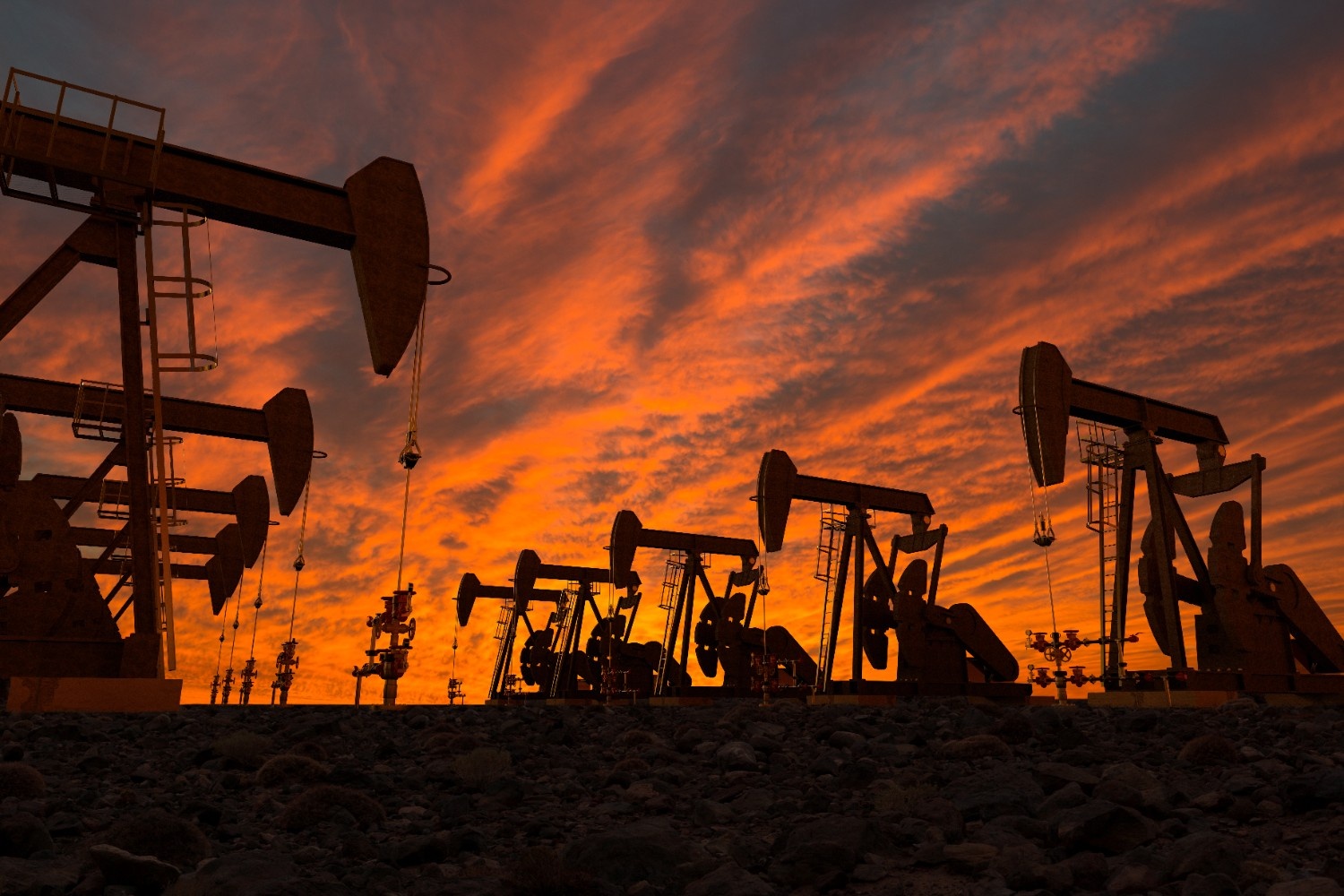Steel Fabrication For Oil And Gas Industry: What Business Leaders Need to Know
Steel Fabrication For Oil And Gas Industry: What Business Leaders Need to Know
Introduction
Within the petroleum and natural gas industry, even small mistakes can result in major issues. In the case of a delay in delivery or a material that is not of high quality, as well as a weak or loose joint within steel structures, can lead to security risks, additional costs, or even shutdowns. One area in which this is the case is in the field of steel fabrication.
For executives and decision makers in the business, knowing the workings of steel fabrication and what you should be looking for in a potential partner is vital. In this post, we’ll discuss the information you should be aware of about steel fabricators for oil and gas sector and how it impacts your work, and what are the most important aspects to take into consideration prior to selecting a fabricator.
Why Steel Fabrication Is So Important in Oil & Gas Projects
The oil and gas industry takes place in harsh environments. No matter if it’s offshore or onshore, the structures have to handle massive pressure, loads, and extreme weather. Steel is the preferred material due to its durability, strength, and pliability.
However, it’s not all about steel. It’s about how the steel is cut as well as welded and then connected. That’s where the fabrication of steel is involved. Insufficient fabrication could lead to weak structures, safety issues, and expensive repairs. However, top-quality steel fabrication for oil and gas industry guarantees long-term safety as well as efficiency and performance.
What Business Leaders Should Consider
If you manage your own oil and gas business or project, your decisions regarding fabrication can affect the whole process. These are the most crucial factors to be aware of:
Material Quality and Certifications
All steel is not exactly the same. What is the quality of steel that’s used for fabrication plays an important role in security and performance. Check that the materials are in compliance with international standards, such as ISO, API, or ASME. Certification of the materials assures that the steel will endure extreme conditions and satisfy the legal specifications.
Additionally, the fabricator must be able to show the results of tests and documents for compliance for each batch of steel employed.
Conformity to Safety and Industry Standards
The oil and gas industry is a highly risky sector. Every mistake can cause grave safety problems. This is why your manufacturer must adhere to the correct safety procedures and local rules. In countries such as the UAE, for instance, businesses must comply with rigorous standards set by the government.
Selecting a manufacturer who is aware of these guidelines will safeguard your business from legal and accident-related issues, and insurance claims.
Use of Modern Tools and Technology
Modern fabrication is not only about cutting and welding. Leading companies make use of modern tools such as the CNC machine, robot welding, and 3D-based software to help them become more precise and efficient. They also help reduce human errors and increase production.
Technology also ensures that the finished product will work to your specific project and will be ready for installation.
Timely Delivery and Project Management
The delay in manufacturing can impede the entire process. This can result in losses particularly in the field of gas and oil where every hour counts. Choose a company who can adhere to timeframes and provides regular updates.
Good fabricators also use project management tools to keep track of every step and notify you of any issues in the early stages.
Experience and Industry Knowledge
There’s a distinct distinction between a general fabrication company and one that understands the needs of oil and gas. Find a company that has experience working in the steel fabrication for oil and gas industry prior to this. They’ll know what difficulties are to be expected and how to avoid the common errors.
Request to view their previous projects, safety records, and references from clients. It will help you get a clear idea of what you can anticipate.
Future Trends in Steel Fabrication
Steel industry is evolving rapidly. One significant trend is automation and intelligent technology to increase the precision of steel production. This is not just a way to speed up the process, it also increases quality and decreases loss.
Another trend is green manufacturing. Businesses are beginning to employ recycled materials and cut down on the use of energy in production. Oil and Gas companies who are looking to lower their carbon footprint, this is a an area of increasing fascination.
Business leaders must be aware of these trends to stay ahead of the competition and make smarter investment decisions.
Tips for Business Leaders
- Choose a fabricator not based solely on price. Take a look at their experience, quality, and safety records.
- Find out about the equipment and techniques they employ for fabrication.
- It is important to ensure that they provide complete documentation on materials and tests.
- Visit their location if you can. This will help you learn more about their processes.
- Find businesses that are honest and well-informed.
Conclusion
The performance of projects involving oil and gas is largely dependent on the high quality of the steel structures. This is why it’s crucial to select the best company to fabricate your project. With the correct material as well as modern tools and skilled hands it is possible to avoid risk and ensure that your project goes smoothly.
If you’re in search of a dependable steel fabrication company in Dubai, look for one that is aware of the requirements for steel fabrication for oil and gas industry. A good choice will make your life easier, lessen risk, and increase your project’s outcomes over the long term.



Comments are closed